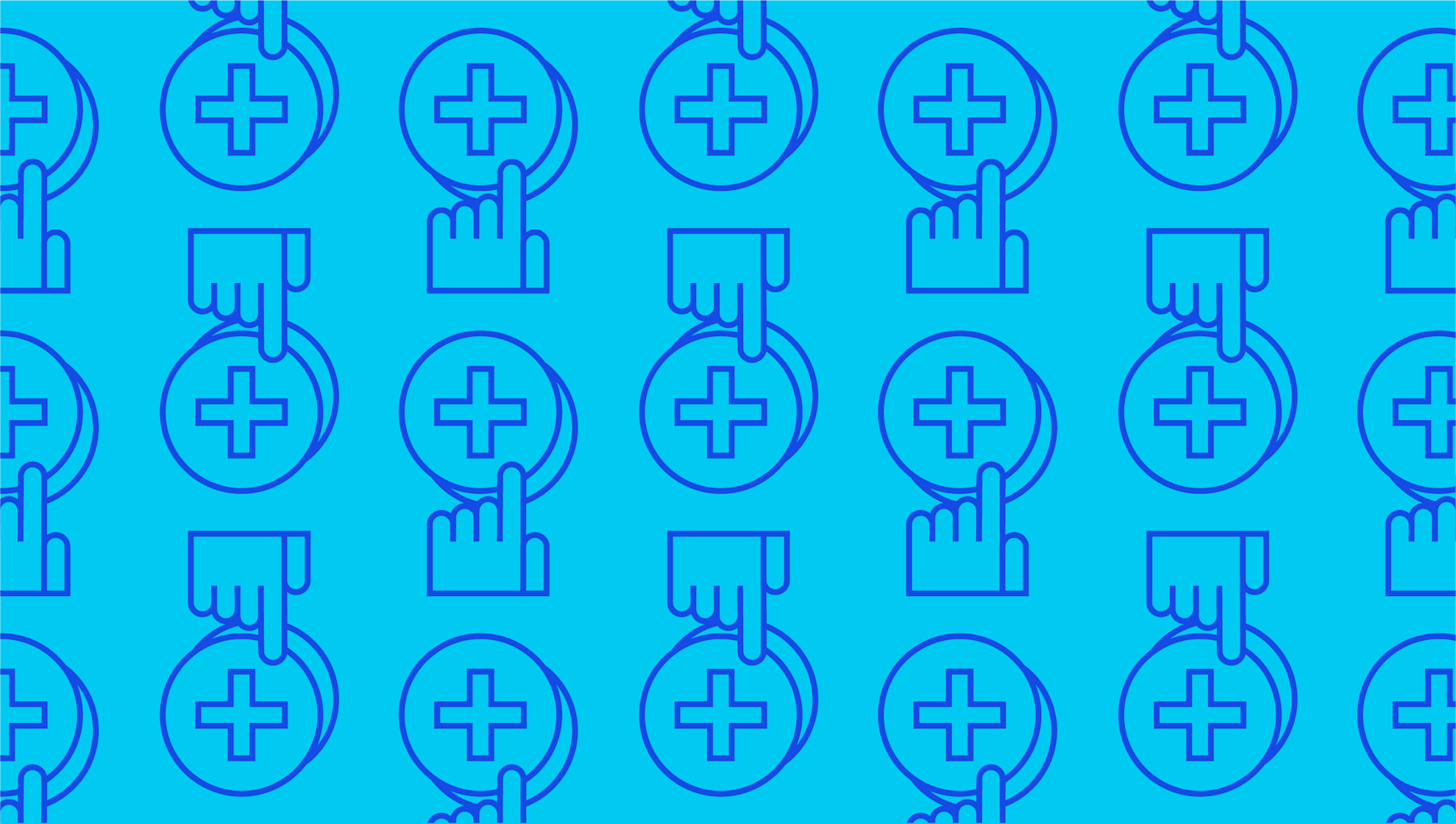
How to generate a hotel invoice (& template)
Last editedMay 20222 min read
Generating a hotel invoice is straightforward, but it definitely helps to use a strategic approach. This helps to deliver the best impression to HMRC, your own team and your customers. Here are some tips to help.
Cover your bases according to HMRC guidelines
VAT invoices must include certain data items. You can find the current list on the HMRC website. Even if you’re not VAT registered, it’s advisable to include the data items requested by HMRC (where relevant). Firstly, they reflect the sort of data items that are generally needed on an invoice anyway. Secondly, it looks professional if HMRC takes a close look at an invoice.
If you’re creating invoices manually, it is best to start from a template. For example, GoCardless has a free hotel invoice template you can download here. It covers the basics, and you can edit it to include any extra data items relevant to you, as well as your branding.
Hotel invoices tend to be a mixture of payment for goods and payment for services. It’s therefore advisable to show each cost separately so there is full transparency about the bill. This is often appreciated by customers. It can also improve your own internal reporting and management. For example, it can help with inventory/stock control.
Think about your own team
Providing a hotel invoice is the first step in getting paid, so it’s arguably the most important one. An effective invoice will tell a customer everything they need to know about what they are being charged and how they can make payment. At a minimum, your invoices should make it clear what payment methods you accept and when you require payment.
This approach maximises your chances of getting paid in full and on time. Realistically, however, you should expect some level of late payment (and even non-payment). In simple terms, any approach that relies on a customer remembering to take action is vulnerable to delays and errors. That’s one of the major reasons many companies are switching to direct debit.
Direct debits are a pull-based system, which means all you need to do is get your customer’s initial authorisation for payment. Once that’s in place, you take care of everything else. You can either use accounting software (such as Xero) or create payments directly from the GoCardless dashboard.
Either way, the payment runs without your customer having to remember to make the payment. This means less work for your customer and potentially much quicker payment for you. If your customers are nervous about putting you in control of payments, you can make them aware of the Direct Debit Guarantee and the protection it offers.
Make your customers happy
Another reason for switching to Direct Debits is that they are a cost-effective way of taking payments. Lowering your operating costs gives you the option to lower prices for your customers without sacrificing your profits. In fact, you may even be able to lower prices and increase profits.
Using GoCardless can be useful if you need to take payments from outside the UK. With GoCardless, you get the benefit of the real exchange rate (from Wise). There are no currency conversion fees.
You also have the option to take payments from customers in the UK and Germany using GoCardless’ Instant Bank Payment service. This service provides immediate confirmation of payment with funds usually being transferred by the next working day at the latest. It’s ideal for when something unexpected comes up and you need to take payment as quickly as possible.
We can help
GoCardless is a global payments solution that helps you automate payment collection, cutting down on the amount of financial admin your team needs to deal with. Find out how GoCardless can help you with one-off or recurring payments. GoCardless also enables businesses to collect invoice payments directly from their customers’ bank account, saving them time and money. Businesses can get paid up to twice as fast by accepting GoCardless payments on their online invoices.

